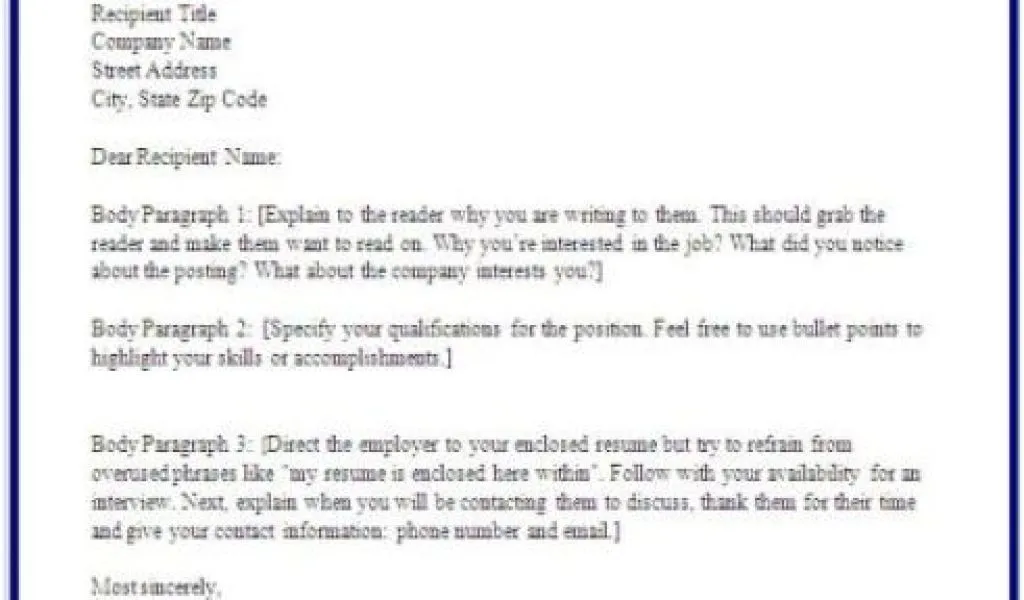In the competitive world of job applications, every detail counts. While your resume provides a concise overview of your skills and experience, a cover letter offers a unique opportunity to make a lasting impression. Many job seekers debate whether a cover letter is truly necessary. The answer is a resounding yes. A well-crafted cover letter can significantly enhance your chances of landing an interview. This article explores the top 5 reasons why cover letters still matter and why you should always include one with your resume.
Why Cover Letters Still Matter
In today’s job market, a cover letter is an essential tool for anyone serious about their career. It allows you to provide context, demonstrate your personality, and highlight your unique qualifications in a way that a resume alone cannot. While some may view it as an outdated formality, the reality is that a compelling cover letter can set you apart from other applicants. It enables you to communicate your value to the employer and increases your chances of being noticed.
Highlighting Relevant Skills and Experiences
A cover letter gives you the space to connect your skills and experiences directly to the job requirements. You can expand on specific achievements and explain how your background makes you a strong fit for the role. Instead of merely listing your qualifications, you can illustrate them with concrete examples and show the hiring manager how you’ve applied those skills in the past to achieve results. This targeted approach helps to clarify your value proposition and makes your application more persuasive. By emphasizing relevant experiences and quantifying your accomplishments, you demonstrate to the employer that you are a capable candidate.
Demonstrating Your Enthusiasm
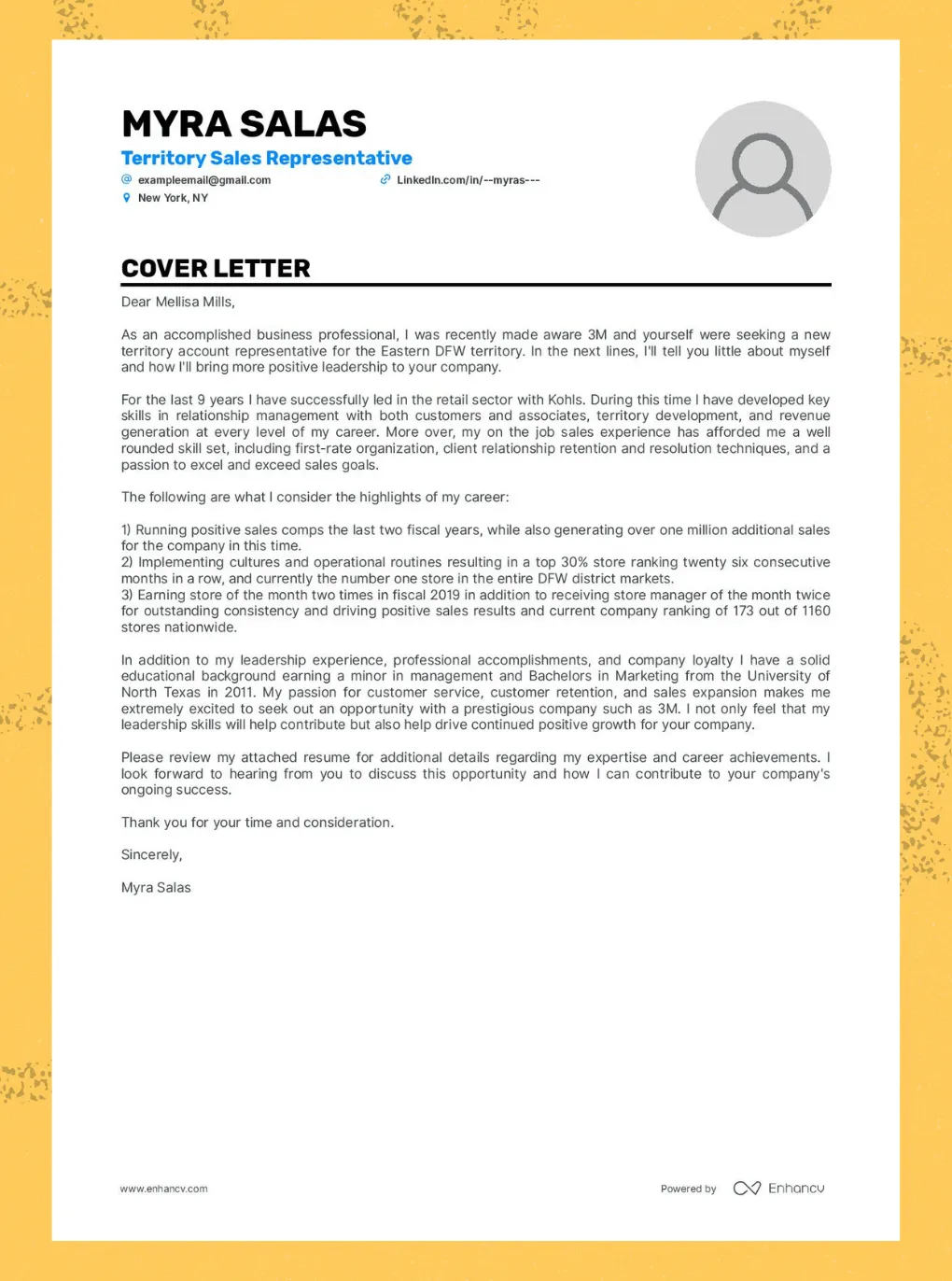
Your cover letter offers a unique opportunity to showcase your genuine enthusiasm for the position and the company. By expressing your excitement and explaining why you’re drawn to the role, you show the employer that you are more than just a qualified candidate. You are genuinely interested in the opportunity. This level of enthusiasm can be conveyed through your tone, language, and the specific details you share about why you’re a good fit. Showing your passion can make a significant difference and set you apart from applicants who may seem indifferent or generic.
Cover Letter? Showcasing Your Personality
A cover letter lets your personality shine through. While your resume is typically a formal document, a cover letter gives you the opportunity to infuse your individual style. You can show your personality, providing a glimpse into who you are beyond your professional qualifications. Use the cover letter to let your personality shine. This helps the hiring manager get a sense of who you are and how you might fit into the company culture. It’s a chance to make your application more memorable and humanize your qualifications.
Tailoring Your Application
A cover letter allows you to tailor your application specifically to the job and the company. Customization is a must. The ability to directly address the needs of the employer, demonstrate how your skills align with the role, and explain why you’re the perfect candidate can significantly increase your chances of success. Show that you’ve done your research on the company and understand its values. This level of personalization demonstrates that you’re genuinely interested in the role and have taken the time to prepare a compelling application.
Expanding on Your Resume
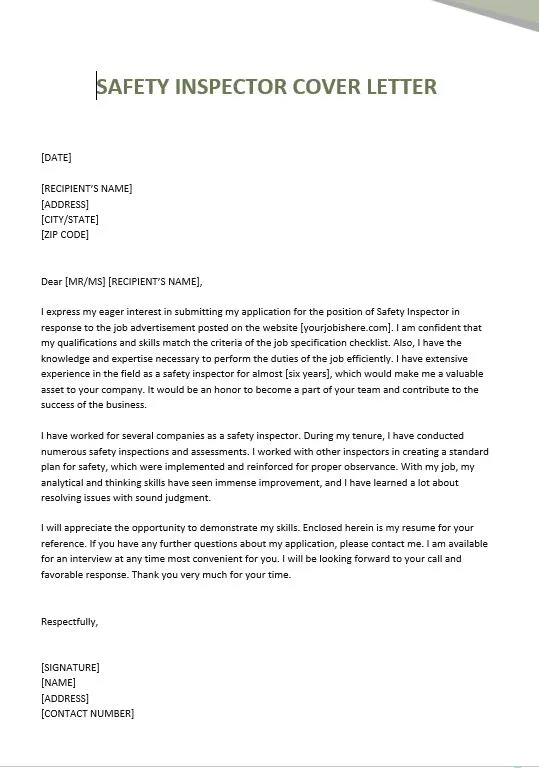
Your resume provides a summary of your qualifications, but your cover letter lets you add detail and context. A cover letter allows you to elaborate on specific experiences, achievements, and skills that might not be fully explained in your resume. By providing additional information, you can help the hiring manager understand your capabilities more comprehensively. This added context can clarify any gaps in your work history or explain your career goals in greater detail. The cover letter gives you the space to tell your story and demonstrate your value.
Cover Letter? The Power of a Strong First Impression
Your cover letter is often the first thing a hiring manager sees. This initial impression can set the tone for the rest of your application. A well-written, professional cover letter shows that you’ve taken the time and effort to present yourself in the best possible light. A thoughtful and tailored cover letter immediately indicates that you are a serious candidate who pays attention to detail. It can also make your application more memorable. This first impression is crucial in a competitive job market, and it can significantly impact your chances of getting an interview.
Making a Positive Impact
A strong cover letter leaves a positive impact on the hiring manager. It conveys professionalism, attention to detail, and a genuine interest in the opportunity. When a cover letter is well-written, tailored to the specific job, and free of errors, it reflects positively on your ability to communicate and your overall professionalism. This positive impression makes you stand out from other applicants, increasing the likelihood of your application being noticed and considered. The cover letter can set the tone for a positive initial impression.
Increasing Your Chances of Getting an Interview
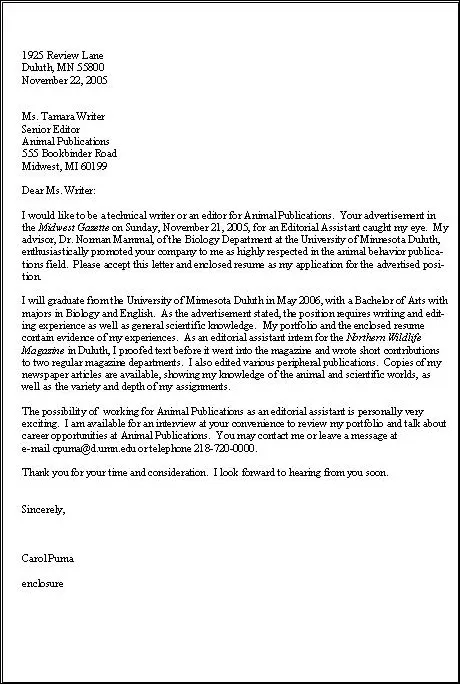
A cover letter significantly increases your chances of securing an interview. It provides an opportunity to highlight your qualifications, demonstrate your enthusiasm, and make a strong first impression. It allows you to personalize your application. By addressing the specific requirements of the job and showcasing how your skills and experience align with those needs, you make a compelling case for why you should be interviewed. This is a key factor. Including a cover letter can significantly boost your chances of moving forward in the hiring process.
Understanding Employer Preferences
Many employers still value cover letters. They use them to assess a candidate’s communication skills, attention to detail, and genuine interest in the role. Even in the age of online applications, many hiring managers expect a cover letter. Failing to provide one might suggest a lack of effort or interest, which could negatively impact your application. A cover letter provides a glimpse into your personality and writing style. This information can help employers determine whether you are a good fit for the company culture. A well-written cover letter is a signal to employers that you understand their preferences.
How to Craft a Compelling Cover Letter
Writing a compelling cover letter requires careful planning and attention to detail. Start by researching the company and tailoring your letter to the specific job description. Highlight your key skills, experiences, and achievements. Proofread carefully to eliminate errors. By taking these steps, you can create a cover letter that effectively presents your qualifications and makes a lasting impression on the hiring manager.
Researching the Company
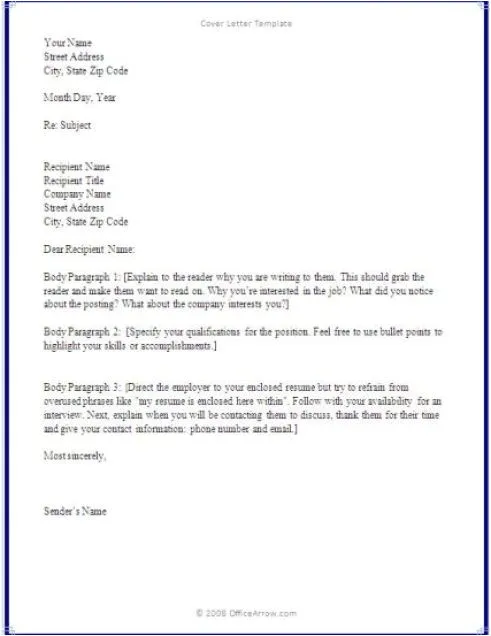
Before writing your cover letter, research the company. Understand their mission, values, and recent accomplishments. Tailor your letter to show that you understand their needs and how your skills can contribute to their success. Look at the company website, social media profiles, and any recent news articles. Include specific details and show how your values align with theirs. This will show you’re genuinely interested in the role.
Customizing Your Letter
Never use a generic cover letter. Always customize your letter for each job application. Tailor your letter to match the specific requirements outlined in the job description. Use the same keywords. Highlight the skills and experiences that are most relevant to the role. This level of personalization demonstrates that you have taken the time to understand the job and that you are serious about the opportunity. Show that you’ve done your homework.
Showcasing Your Achievements
Instead of simply listing your responsibilities, showcase your achievements. Quantify your accomplishments whenever possible. Use numbers, percentages, and other data to demonstrate the impact you made in previous roles. Use the STAR method. The more specific and measurable your achievements, the more compelling your application will be. Focus on what you accomplished.
Proofreading and Editing
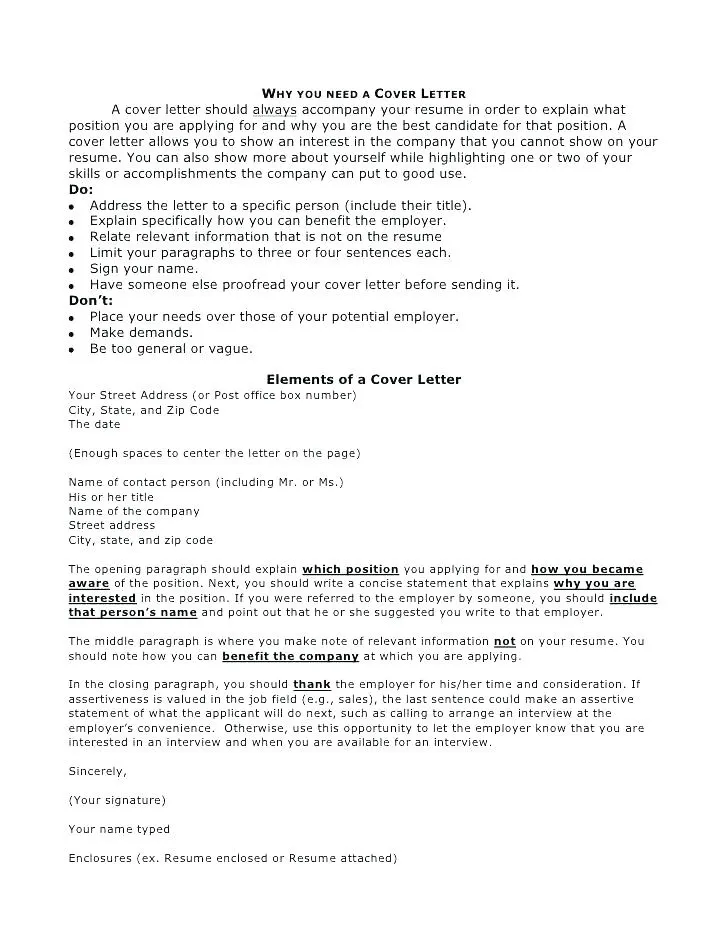
Proofread your cover letter carefully before submitting it. Check for any grammatical errors, typos, and spelling mistakes. Have a friend or colleague review your letter to catch any errors that you might have missed. A polished, error-free cover letter demonstrates your attention to detail and professionalism. Errors can make a negative impression.
Common Cover Letter Mistakes to Avoid
Avoid common mistakes. The most common mistakes can damage your application. Avoid generic letters, grammatical errors, and ignoring the job description. Make sure to showcase your skills and experiences. By avoiding these pitfalls, you can create a cover letter that effectively presents your qualifications and makes a lasting impression on the hiring manager.
Generic Letters
Avoid using generic cover letters. Generic letters are often perceived as impersonal and show a lack of effort. Customize your letter for each job application. Address the specific needs of the employer. Show that you’ve done your research on the company. Be specific. Always tailor your cover letter to match the specific requirements outlined in the job description. This shows you took the time to prepare.
Typos and Grammatical Errors
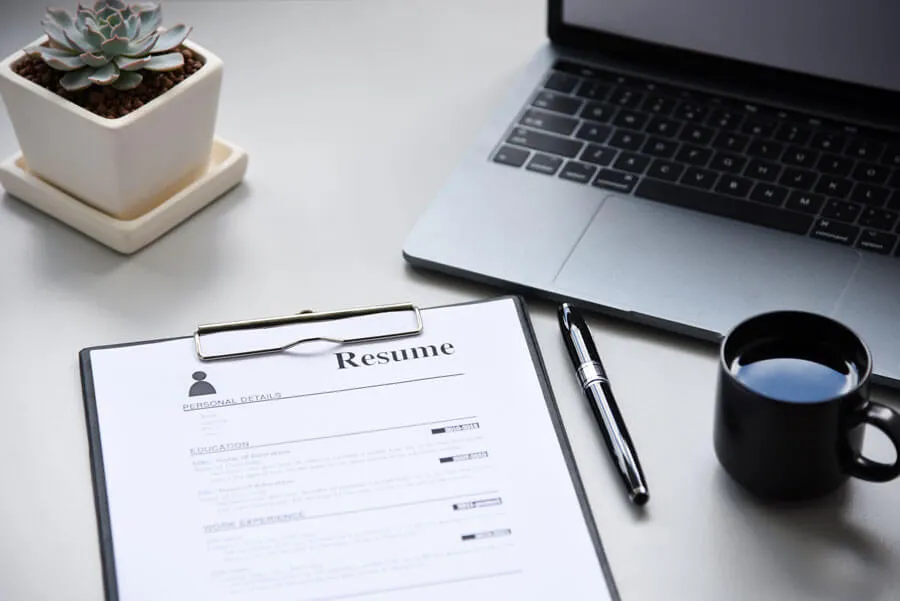
Typos and grammatical errors can damage your credibility. Proofread your cover letter carefully before submitting it. Always use spell-check. It’s important to have a friend or colleague review your letter to catch any errors you might have missed. Make sure your writing is polished.
Ignoring the Job Description
Ignoring the job description is a significant mistake. Always tailor your cover letter to match the specific requirements outlined in the job description. Highlight the skills and experiences that are most relevant to the role. Use the same keywords. Make sure that you address the key requirements and expectations. Failure to address them shows a lack of attention to detail.
Using Clichés
Avoid using clichés in your cover letter. Clichés make your writing sound generic. They fail to provide any real value. Aim for clear and concise writing. Use strong verbs. Be specific about your skills. Show the hiring manager what makes you unique.
In conclusion, a cover letter is an indispensable tool in the job application process. It allows you to highlight your skills, demonstrate your enthusiasm, and make a strong first impression. While the format of job applications continues to evolve, the cover letter retains its importance. By crafting a well-written, personalized cover letter, you can significantly increase your chances of landing an interview and ultimately securing your desired job. Don’t underestimate the power of a cover letter in today’s competitive job market; it remains a crucial element of a successful job search strategy.
